Hello from the Wordloaf Friday Bread Basket, a (mostly) weekly roundup of links and items relating to bread, baking, and grain.
For
, Luke Churchill wrote about the dominance of Manitoba wheat flour in the UK, and the grain’s contribution to the erasure of Indigenous foodways and culture in Canada:In the UK today, More than half of the 750,000 tonnes of wheat imported by British flour millers per year comes from Canada. Wheat expert John Letts tells me that Canadian flour is favoured for its ‘heightened protein content that produces a fluffy loaf suited to commercial baking’, while baker Dan Lepard explains that dough made with strong white Canadian bread flour is ‘more tolerant of haphazard or uncertain methods’. This is why Canadian flour shows up in all manner of pre-packaged goods, including cakes, pies, doughnuts, dry pasta, and Warburton’s bread. The pastries that the morning commuters around me are about to flake down themselves on the District Line could very easily have been made from the grain…
The profitable economy of wheat played a central role in the erasure of the Indigenous food culture that existed previously. It rejected Indigenous concepts of land sharing, farming (in which crops like wild rice, maize, and sunflowers were grown), and sustainable fishing, developed to suit the prairie’s ecosystems. Simultaneously, First Nations communities were forced to abandon a nomadic means of subsistence, and instead resettled to reserves with rocky terrain unsuitable for cultivation, so they could no longer grow the food they needed. Their productivity was suppressed by policies like the Peasant Farming Policy in the late 1800s, which stipulated that Indigenous farmers could cultivate only small tracts of land. They were also denied access to modern agricultural machinery, which forced them to farm with rudimentary tools, in a way that is comparable to mediaeval agricultural standards. While settler-farmers like my great-grandfather could sell their crop at the market with impunity, Indigenous communities were required to obtain a pass to leave their reserve and a permit to sell their harvest. They were often obstructed from acquiring these documents, leading to their crops to spoil and decay.
On both Instagram and her website, Miek Paulus of Ket Baker (a pal of Ian Lowe), just shared a recipe for schrotbrot, a German sourdough made entirely of chopped up seeds, grains, and fruit, as part of “Gut Health Week” at her bakery:
“Schrot" – a fun German word that means roughly chopped or cut-up seeds, mainly from cereals. Imagine those picturesque German bakeries and farms with their cool gadgets just for turning seeds into schrot. They treat it like flour over there.
Flour, you might say, is a bit more fancy. It's graded based on how refined it is, kind of like a scale from 1 to 6, depending on how much of the whole grain is still hanging out in there. But schrot? It's all about the size of those chopped-up bits. Usually, it gets sorted into about 4 to 8 grades, depending on who's doing the sorting.
Germany's bread game is seriously strong, with over 3,000 officially registered types. And guess what?A big reason for all that variety is mixing and matching different kinds of schrot and flour, mainly from three grains: spelt, bread wheat, and rye.
Now, if you’re keen to make your own schrot at home, it's a breeze. Just grab some grains and give them a good bash in a mortar and pestle or whiz them up in a blender or food processor. Remember, the chunkier, the better!
Sounds very simple to do! Find the recipe here (scroll down to find it, it’s sort of hidden):
Panettone whiz Olga Koutseridi, who shared some of her secrets here, wrote recently about why she’s currently given up baking the bread altogether:
In 2023, I started to notice that on days when my bakes didn’t “work out,” meaning they weren’t perfect, I felt super bad about myself. While on days when I cut open a beautifully baked panettone my self-worth was through the roof. At the same time, I became hyper focused on baking and sharing only the “perfect” looking panettone. The original goal of sharing my baking journey was superseded by the need to feed my self-worth through likes, views, and more positive comments. In 2023, when I got really good at baking panettone, I was at the height of this need for perfection and ultimately external validation.
The better I got at baking panettone, the more wrapped up it became in my self-worth. How could I let my whole identity get so wrapped up in one aspect of who I am? We are multifaceted beings. It’s not healthy for us and especially our mental health to rely so much on just one aspect of who we are no matter how much room it takes up in our lives.
I trust she’ll find her way back to panettone eventually, but her decision to let it go is one I suspect many of us can relate to.
This isn’t strictly bread-related, but I highly recommend this lovely essay from Meg Conley on chives and melancholy:
It’s always hard to get my waking self out of bed, but it's easier in the spring. The wildflowers and weeds leech away a bit of my melancholy. After an hour or two in the garden, I can open my mouth without bile pouring out.
There are chives in the garden. They aren’t my chives. I didn’t plant them. They do not belong to me. But I am not sure they belong to the person who put them in the ground either. This wasn’t her garden any more than it is mine. My neighborhood was platted in 1887, just twenty years after the Sand Creek Massacre. The ground was taken from its First People.
The dirt was formed during the Eocene. The chive has been cultivated since at least 2000 BC. Its roots are deep and broad. Chive fact pages tell me it is the only species of allium native to both the new and old worlds. Except that designation only exists to reinforce authority. Really, there is no new world or old world, there is only this world.
That’s it for this week’s bread basket. Have a peaceful weekend everyone, see you all next week.
—Andrew




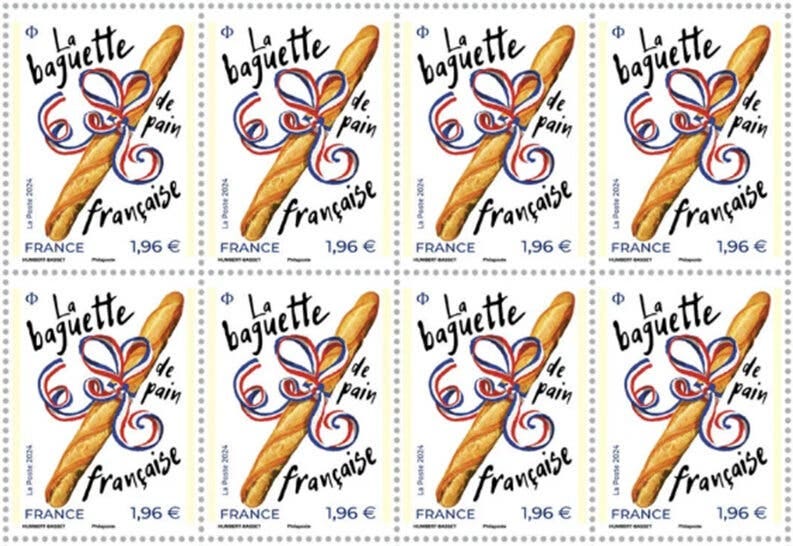
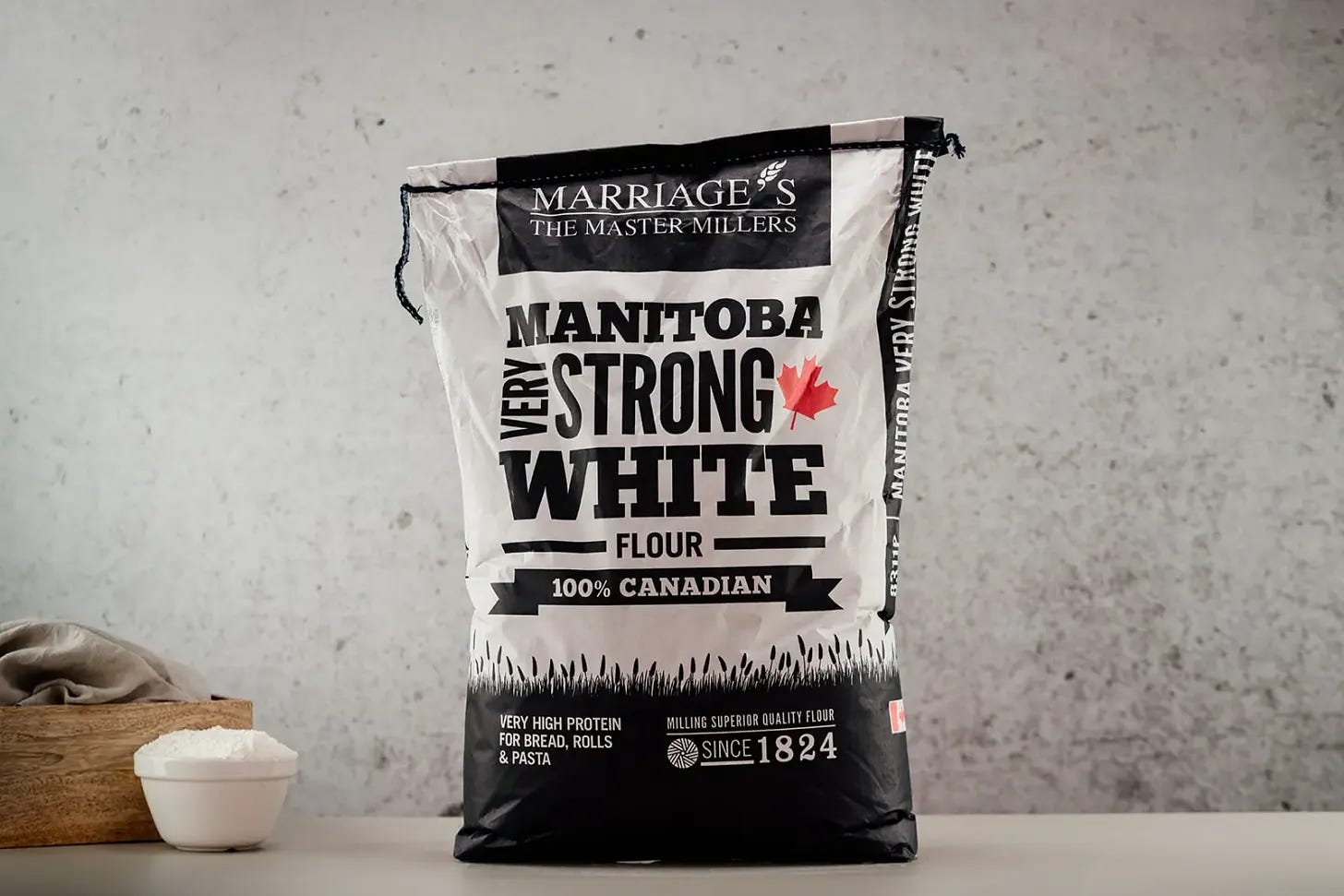

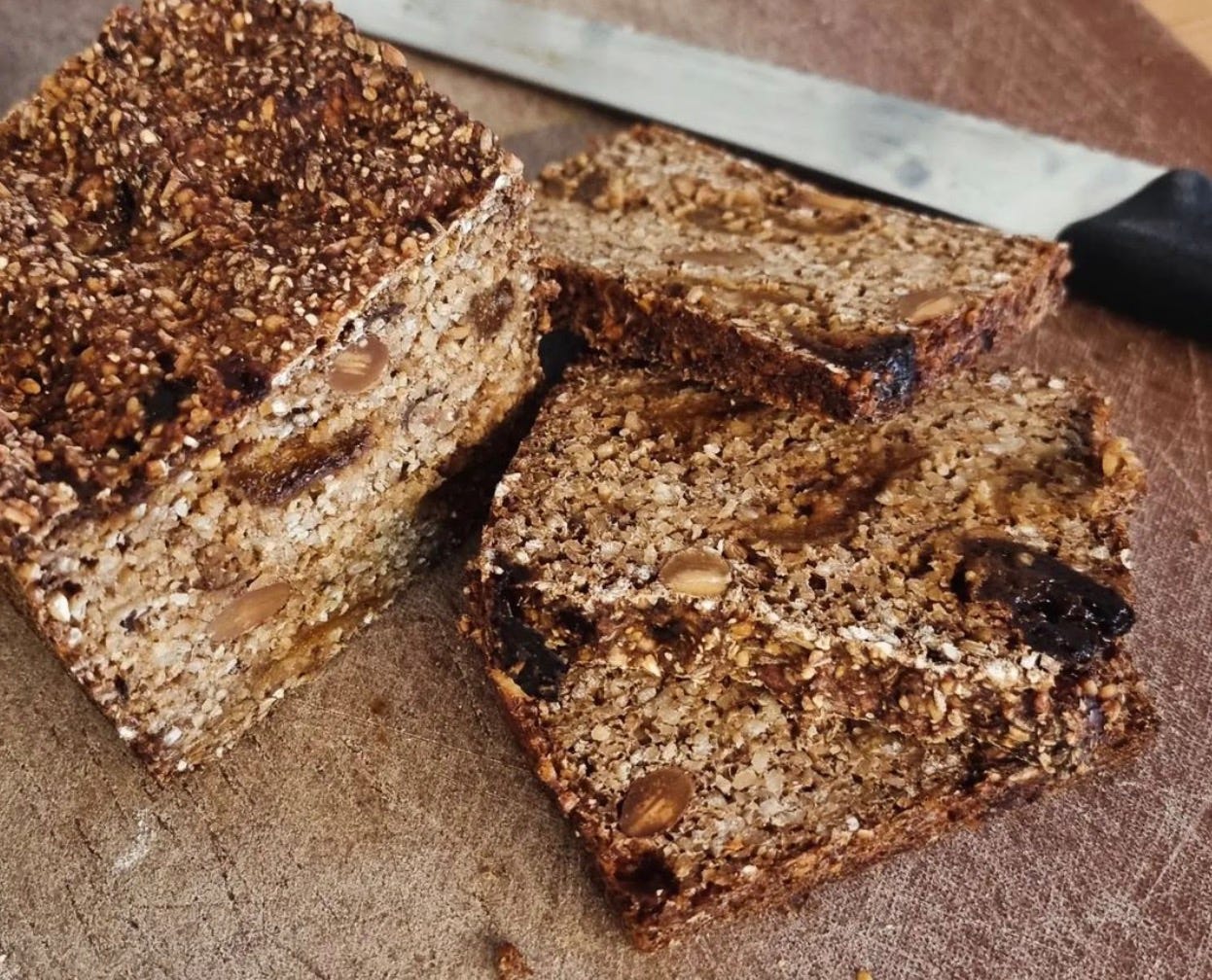
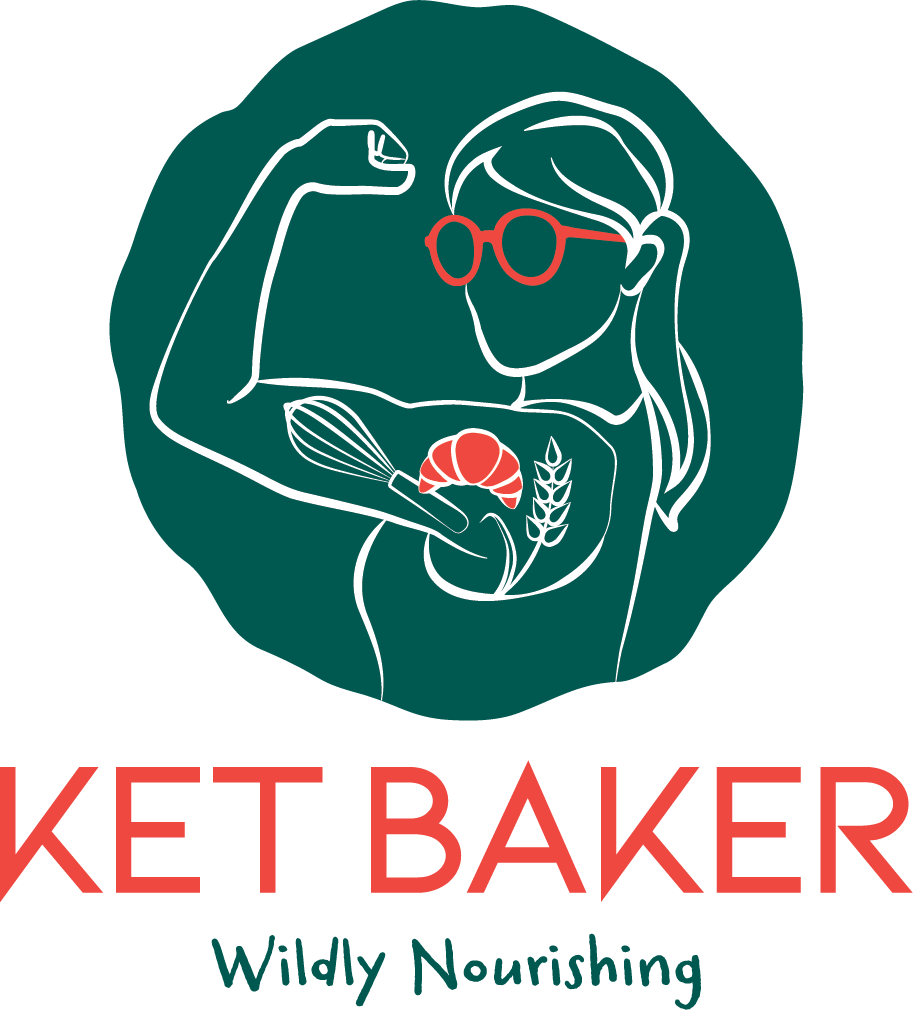
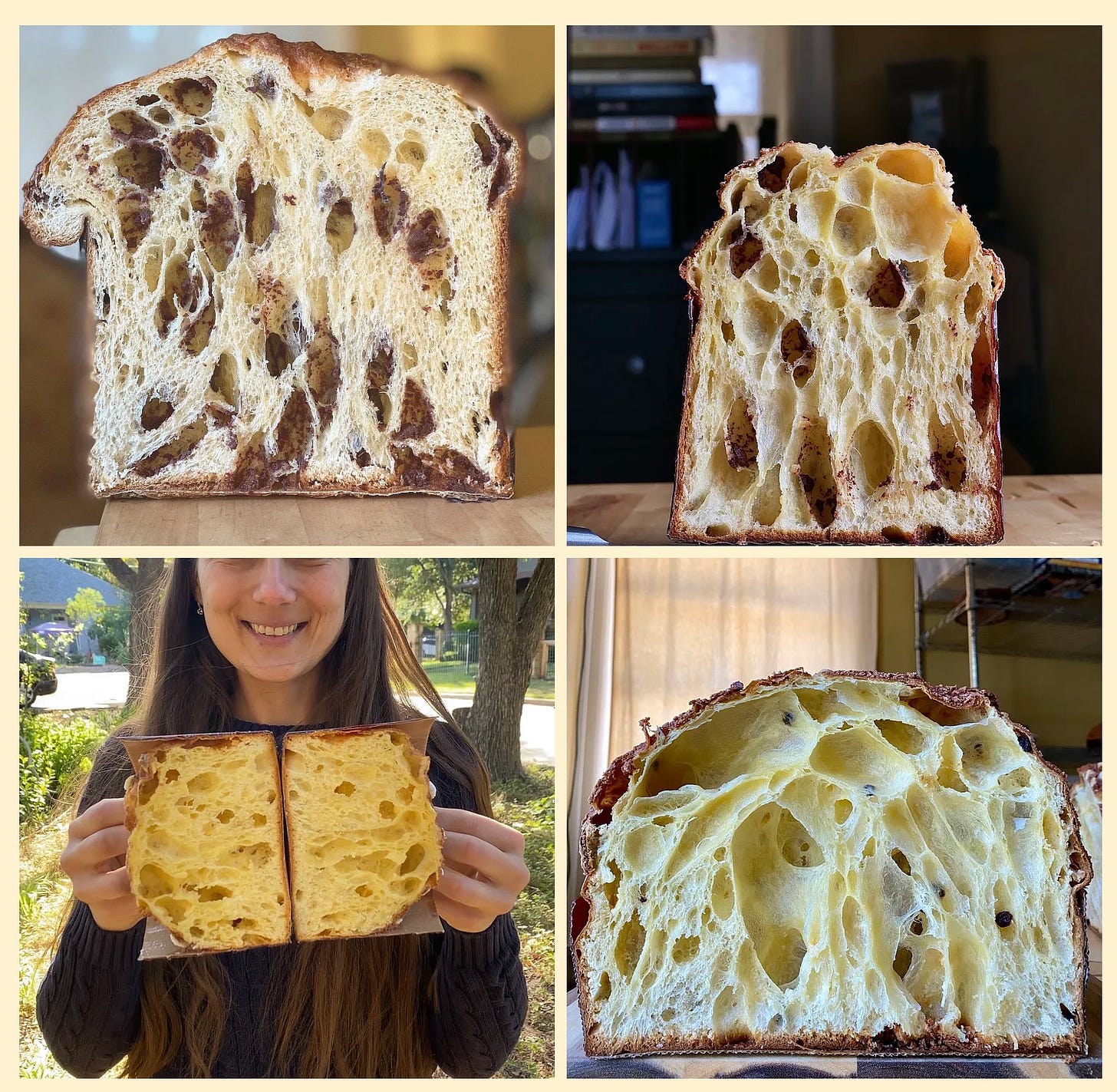


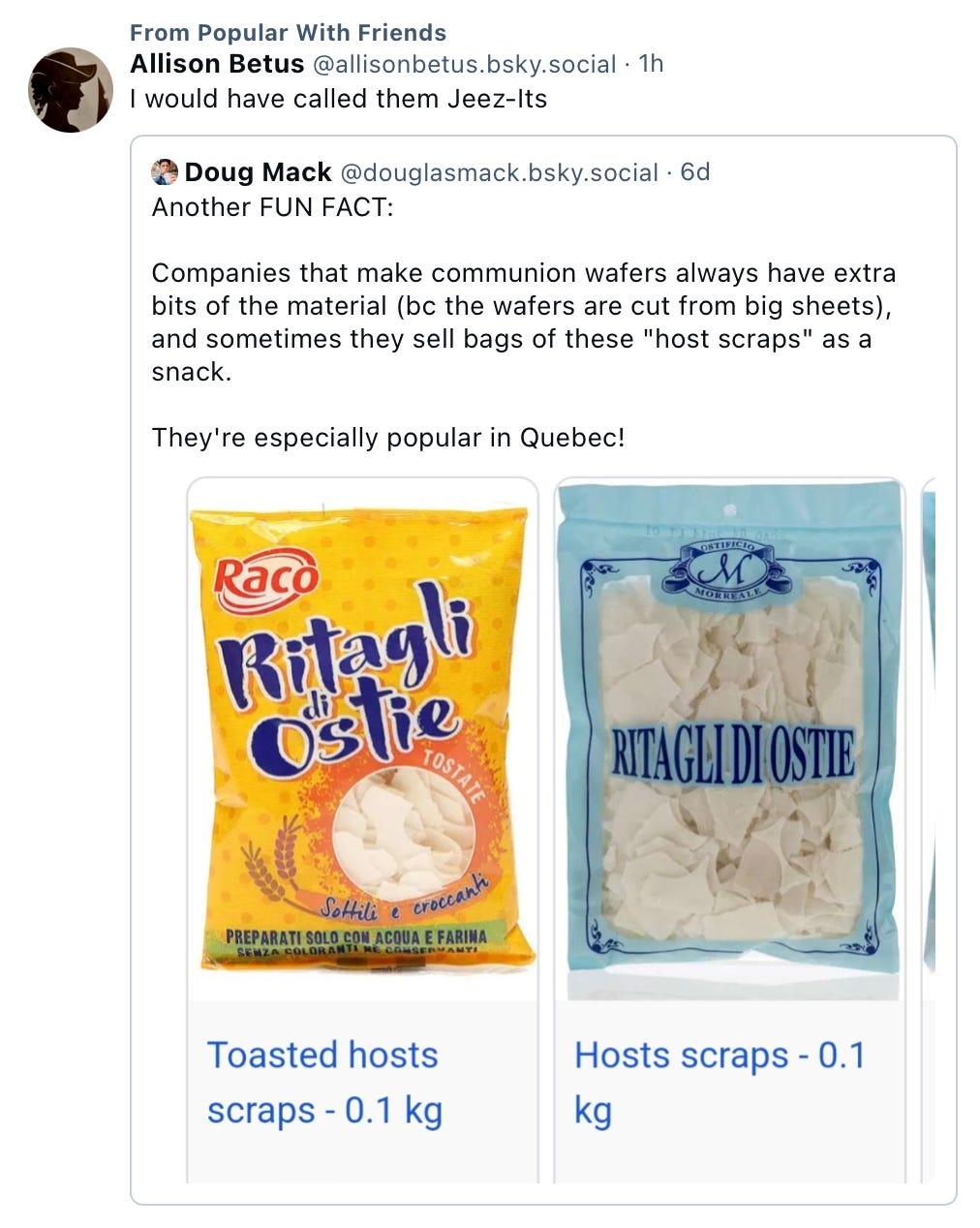
I feel the self-worth/successful bake thing. In my first few years of baking I’d go to bed anxious knowing a bad bake could absolutely ruin my week. It’s a big reason why I don’t stray too much from making my standard country loaves, pizza dough, or focaccia.
Great round up Andrew! I’m so glad the bread basket is back in my mail basket.